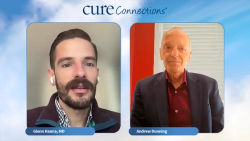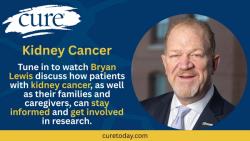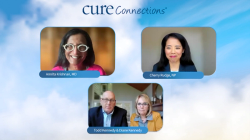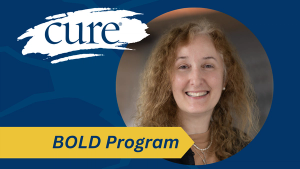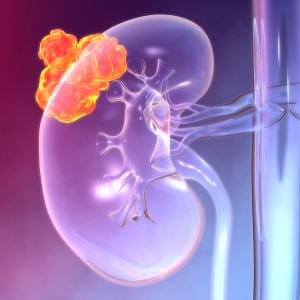Patient Education Resources for RCC
Bryan Lewis, president of KidneyCAN, explains how his organization supports the renal cell carcinoma community and where patients can find curated educational resources.
Chung-Han Lee, MD: Mr Lewis, can you talk a little about the resources that KidneyCAN can help patients with?
Bryan Lewis: Yes. Thank you, Dr Lee. KidneyCAN, historically, has focused on advocacy in Washington D.C. and trying to raise awareness that way. But we also realize that awareness in general can lead to more advocacy in a growing grassroots army. If we do that advocacy, that leads to funding. If we get the funding and more research can be funded, then we hope to accelerate cures that way. That’s our circular approach.
But we realized when we were doing so much advocacy that people were bouncing off the KidneyCAN website because we didn’t have a lot of educational resources. We embarked on creating a patient resource center. It’s recently underway, so I can’t claim that it’s finished. However, we realize we’re not going to recreate the wheel. There are a lot of reliable, valid sources out there. We’ve tried to bring it all together in a library-type of approach. We have big buckets of information around diagnosis, building a care team, clinical trials, and living well with cancer. We’re trying to start there and then dive down. We utilize the NCCN [National Comprehensive Cancer Network] Guidelines. They also have our patient’s version of the guidelines, which is very readable, understandable, and comprehensive.
There are a lot of other sources, including Smart Patients, an online forum that Meryl talked about. We have a town hall series throughout the year where we have a research review of the previous year and talk with experts in the field about where we’re headed. We talk to other patients around the country, asking questions. We have one coming up on selection, immunotherapy, and shared decision-making. We’re trying to build that portfolio of education and awareness because we found that people were bouncing off our website because they were probably in the early [stages of] diagnosis or new to the kidney cancer space. We were a little more downfield with the advocacy. We’re building that out. Hopefully, those resources will continue to grab the best [information] from around the globe.
I have to put a plug in for the International Kidney Cancer Coalition, at ikcc.org. They have a wonderful library of resources. You can download and print decision aids and ways to talk to your doctor and ask questions and follow up. It’s another great resource. There are a lot out there.
Chung-Han Lee, MD: Yes. That’s fantastic that you’re able to put that together. For a patient, the ability to have a well-curated source of information is invaluable. The hardest thing for a patient is to type kidney cancer into their search engine of choice and then get this huge list of random links and to try to parse through that to decide what to do. The fact that your organization is able to put together this type of list is very appreciated by the patient community.
Transcript edited for clarity.
Related Content
 Top 10 Cancer Care Updates of 2025: What Patients Should Know
Top 10 Cancer Care Updates of 2025: What Patients Should KnowDecember 22nd 2025
 Palliative Care in Kidney Cancer More Than Just Relieving Symptoms
Palliative Care in Kidney Cancer More Than Just Relieving SymptomsSeptember 26th 2024
View additional resources on CureToday.com


